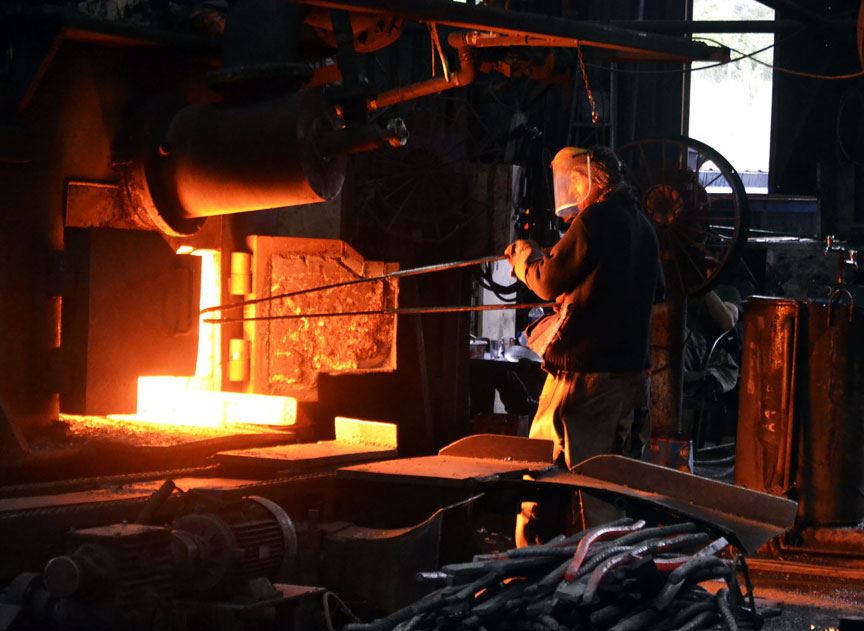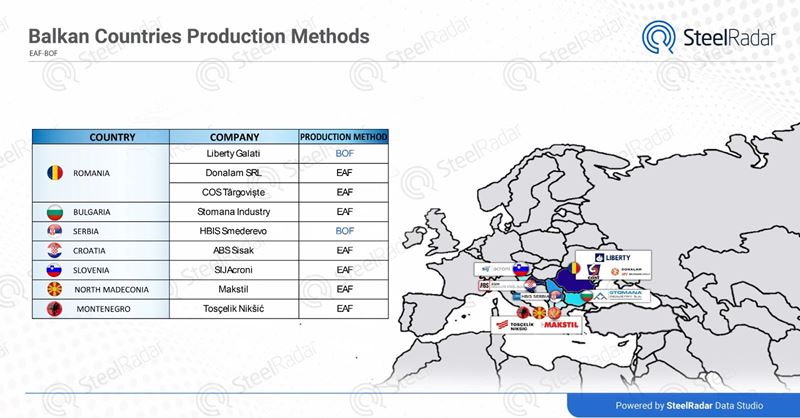Nine years after China launched night trading for iron ore futures in 2014, it is looking to end the process.
A risk assessment report written by the China Iron and Steel Association states that the price mechanism needs to be improved based on research from government researchers and factories. It is also reported that the report has not yet been submitted to the authorities.
China has already tightened iron ore inventories at trading firms and urged the market to explain price increases. The government is also intensifying its surveillance over commodity transactions, which officials suspect are used to obtain subsidies and cheap funds.
Traders and steel executives say weak profits are due to China's unsuccessful economic recovery and stagnant real estate market.
Iron ore futures are also affected. China's leading manufacturers rarely use local contracts to avoid damage.
Beijing wants to keep the profits of Chinese producers, who have long accounted for more than half of global steel production, rather than leaving their profits to raw material suppliers. For this reason, quitting the night trade makes things even easier.
The volatility in the Chinese steel market is putting more pressure on weak profits. Therefore, the authorities want to leave long working hours for iron ore futures. What remains unclear, however, is how this will further China's efforts to increase its price influence and how Beijing will cope with any larger volatility.











Comments
No comment yet.